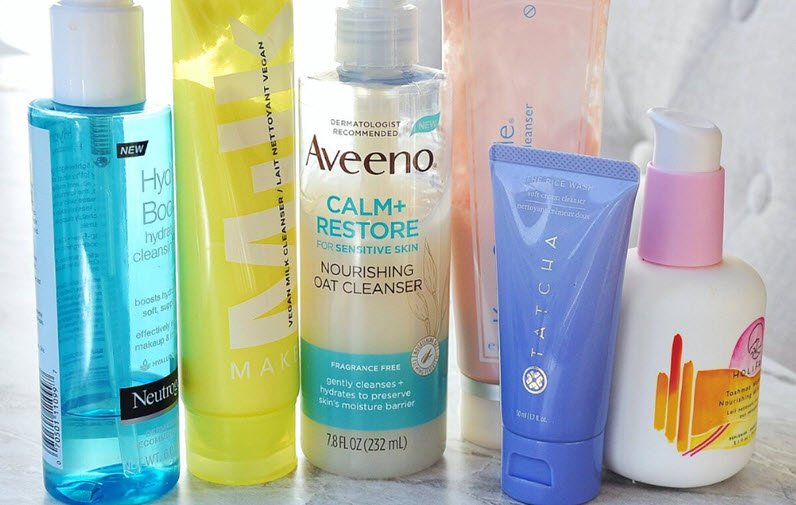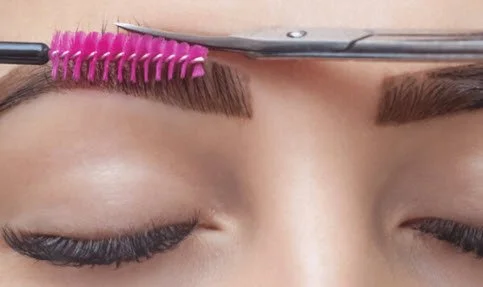Cleansing 101: How to Choose and Use the Right Face Cleanser
Cleansing is the foundation of any skincare routine, yet many people overlook its importance or misunderstand how to use it effectively. A cleanser does more than just remove makeup and dirt—it helps maintain clear, healthy skin, supports hydration, and preps the face for other skincare products.
With so many types available—foams, gels, creams, and oils—finding the perfect cleanser for your skin type is essential. Here’s everything you need to know about choosing, using, and optimizing your cleansing routine.
🧼 What Is a Cleanser and Why Is It Essential?
A face cleanser is specifically designed to remove dirt, oil, makeup, and impurities without disrupting the skin barrier. Unlike basic soaps, cleansers target skin concerns such as acne, dryness, sensitivity, or excess oil while keeping pores clear.
Using the right cleanser can help maintain hydration, balance oil production, and prevent breakouts. Cleansing also allows serums, moisturizers, and treatments to absorb effectively, ensuring your skincare routine works its best.
🪞 How to Use a Cleanser for Maximum Benefits
Using a cleanser properly is just as important as choosing the right one:
1. Wash your hands first to prevent bacteria transfer.
2. Wet your face with lukewarm water to open up pores.
3. Apply cleanser in gentle, circular motions for at least 60 seconds—allowing active ingredients to work.
4. Rinse thoroughly with lukewarm water and pat dry with a clean towel.
🔁 How Often Should You Cleanse?
Cleansing frequency depends on your skin type and lifestyle:
Oily/Combination Skin: Twice daily (morning & night) or more frequently after sweating.
Dry/Sensitive Skin: Once a day (preferably at night) to avoid stripping moisture.
Morning cleansing removes overnight sweat and oil, while nighttime cleansing is crucial for removing makeup, SPF, and pollution buildup.
🧴 How to Choose the Right Cleanser for Your Skin Type
Different skin types benefit from specific ingredients and formulations:
Oily or Combination Skin: Opt for gel or foam cleansers with salicylic acid or benzoyl peroxide to target oil and breakouts.
Dry or Sensitive Skin: Choose cream or oil-based cleansers with ceramides, glycerin, or hyaluronic acid to lock in hydration.
Normal Skin: Go for balanced, hydrating formulas that cleanse without stripping essential moisture.
🌿 Final Tips for a Healthy Cleansing Routine
Layer skincare correctly—apply products from thinnest to thickest (serums first, then moisturizers).
Avoid harsh scrubbing—gentle application prevents irritation.
Customize based on skin concerns—adjust routine if experiencing breakouts or dryness.
Visit a dermatologist—for expert recommendations on cleanser formulations.
A well-chosen cleanser is the cornerstone of a glowing, healthy complexion. By understanding your skin’s needs and selecting the right formula, you can maintain a balanced, refreshed appearance every day.




















